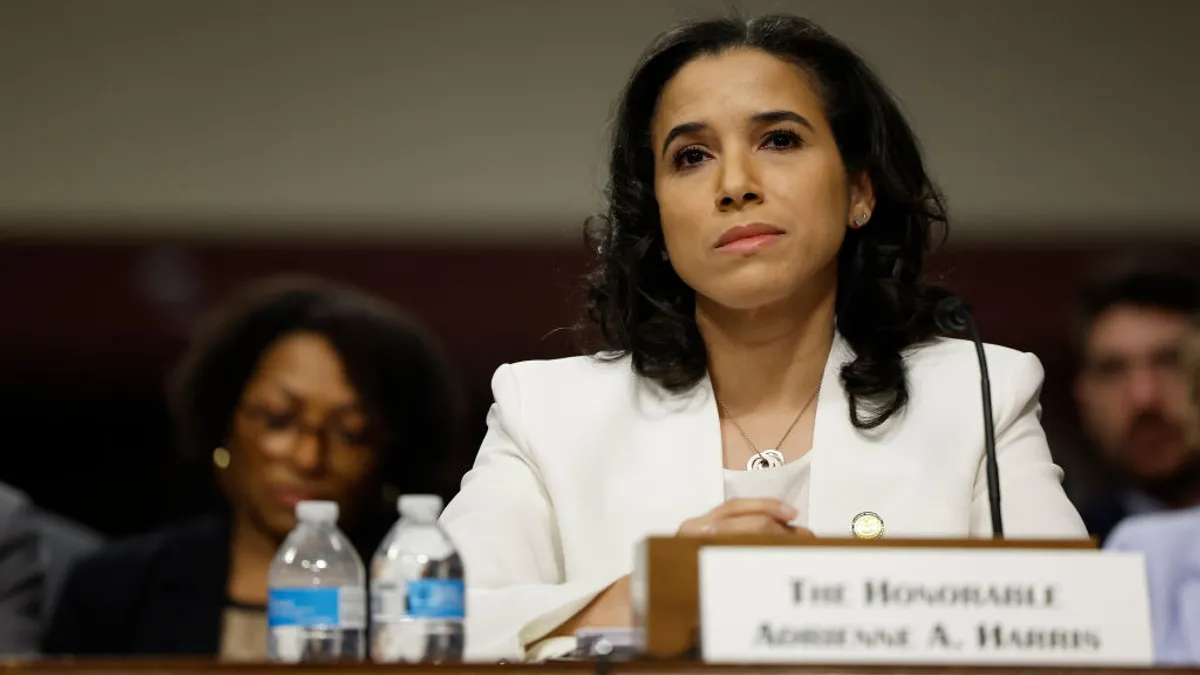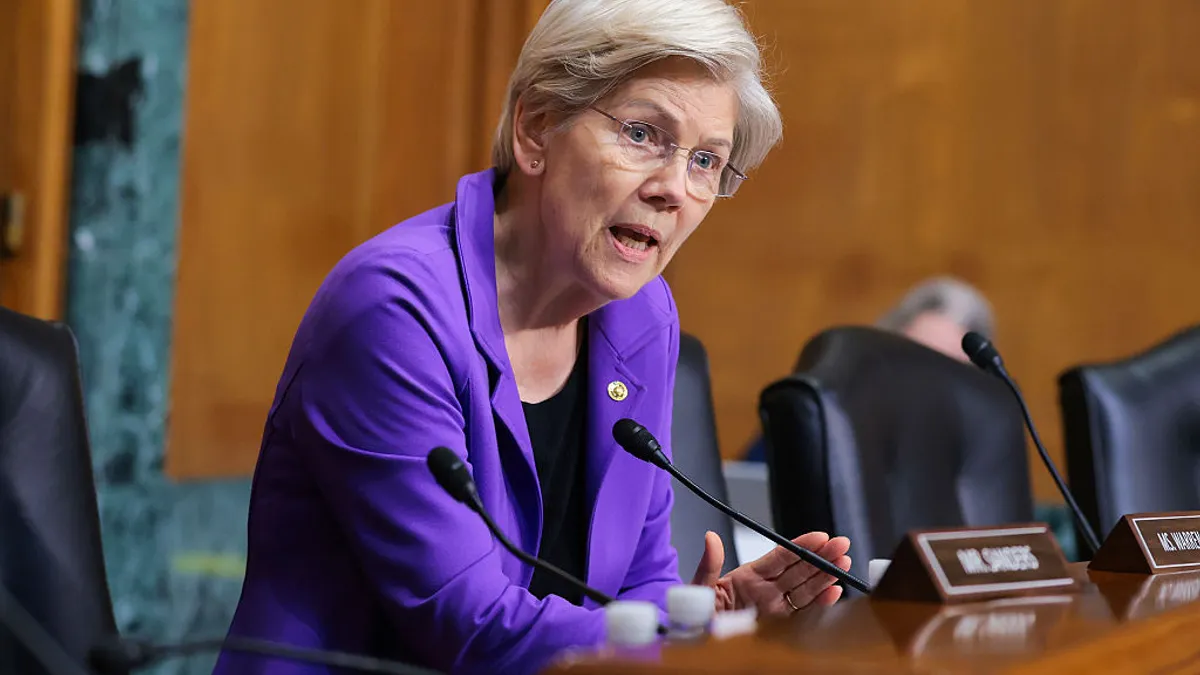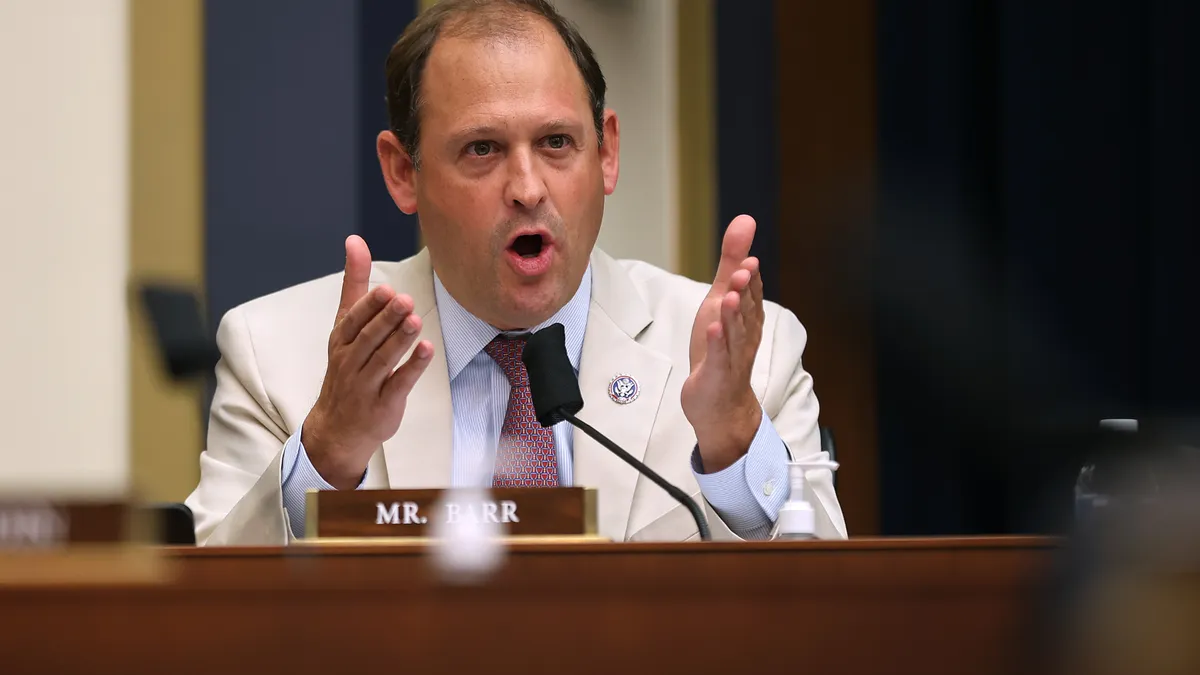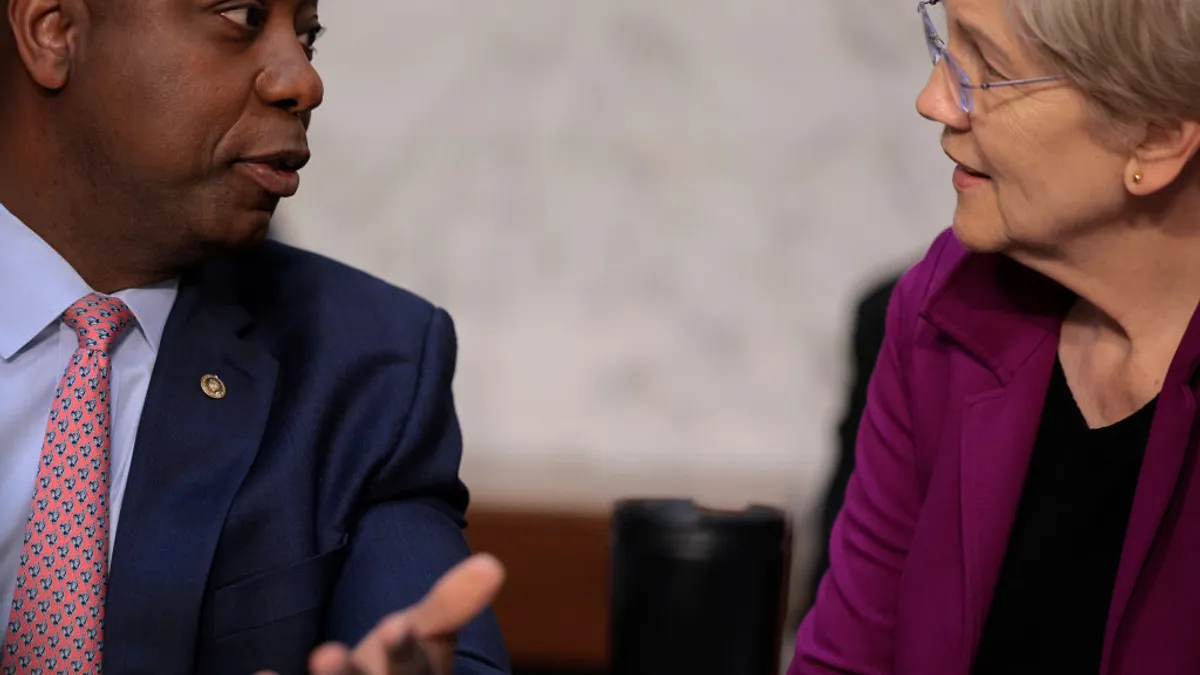Helsinki, Finland-based Nordea Bank agreed to pay $35 million to settle an investigation by New York’s Department of Financial Services into “significant” anti-money laundering and Bank Secrecy Act compliance failures tied to the 2016 Panama Papers leak, the agency said Tuesday.
The regulator cited billions of dollars in high-risk transactions between 2008 and 2019 – particularly involving Nordea’s since-shuttered Vesterport, Denmark, branch and its presence in Baltic countries. The investigation showed a link between Nordea and illicit money funneled toward operations centered in Russia and Azerbaijan, NYDFS said.
“International financial entities such as Nordea must safeguard against criminal activity in the global financial system, and for years Nordea failed in these respects,” Adrienne Harris, NYDFS’s superintendent, said in a statement Tuesday.
In its own statement Tuesday, Nordea said it has invested €1.5 billion in risk and compliance since 2015 and employs more than 3,400 staff members dedicated solely to fighting financial crimes.
“Historically, we underestimated the complexity of preventing financial crime and the resources needed for that purpose,” Jamie Graham, Nordea’s chief compliance officer, said Tuesday. “In recent years, we have invested heavily in our AML program, and the fight against financial crime is a key priority for Nordea.”
The bank said it is not aware of any related investigations by U.S. authorities into its operations, adding that it will incorporate the penalty into its third-quarter results. The fine will have “no material impact” on Nordea’s financial position, the bank said.
“Deficient AML controls, an unsophisticated transaction monitoring apparatus, and a decentralized global compliance program created a set of circumstances that exposed Nordea’s financial channels to a high risk of criminal abuse,” NYDFS said in its release Tuesday. “Nordea’s relationships with U.S. banks imported those risks to the New York financial system.”
In its consent order, NYDFS said Nordea “acknowledged its shortcomings.”
Nordea opened its Vesterport branch in 1989, and it would serve as a hub for activity with Russia and Eastern Europe. NYDFS noted that 72 of the Vesterport branch's roughly 1,500 corporate customers were named in the Panama Papers – 11.5 million documents from the now-closed Panamanian law firm Mossack Fonseca that revealed banks’ roles in helping politicians, high-net-worth individuals and criminals create shell companies to avoid taxes by storing money in offshore accounts.
Nearly 30 Vesterport clients were identified as part of a Russia-tied money-laundering scheme, NYDFS said. Eleven were connected to a $175 million finance scheme that wealth firm Hermitage Capital Management identified in 2018. Nine had ties to an Azeri money-laundering operation, the regulator said.
Nordea grew its presence in Estonia, Latvia and Lithuania in the 1990s, after the republics broke away from the Soviet Union. The Finnish bank’s risk management team highlighted money-laundering concerns in the Baltic footprint as early as 2010, NYDFS said, citing a “high corruption index” in the newly free economies, alongside weak oversight standards and a failure to flag “politically exposed persons.”
Nordea is hardly the only Nordic bank to see AML-related penalties in the U.S. Danske Bank agreed in 2022 to forfeit $2 billion to resolve a Justice Department investigation into suspected fraud.
NYDFS said it found the AML safeguards at Nordea’s Baltic branches failed to adequately solve for increased risk. The bank “consistently failed to properly implement compliance initiatives, exposing [it] to elevated financial crime risk,” the regulator said.
Additionally, the bank forged relationships with high-risk partners, and Nordea’s transaction monitoring system was inadequate, NYDFS said, citing that the bank itself deemed its overall AML risk “critical.”
“It is critical that … institutions maintain robust compliance programs and conduct proper due diligence of their customers and banking partners,” Harris said Tuesday.
Graham, Nordea’s compliance chief, noted that the bank had held a “close ongoing dialogue and cooperation” with NYDFS since 2019 and said the lender is “pleased” the regulator recognized those efforts.























